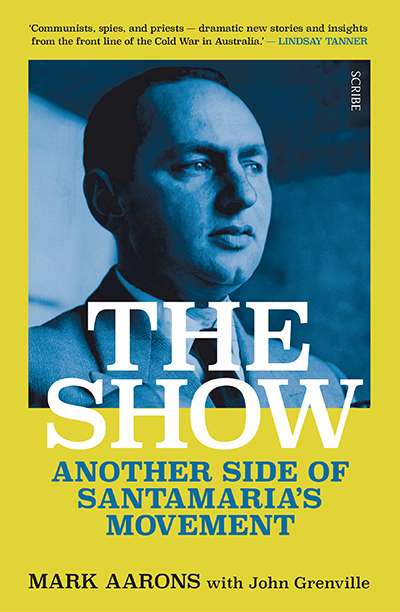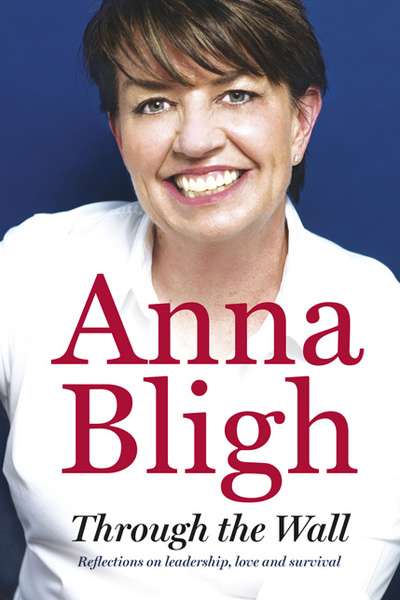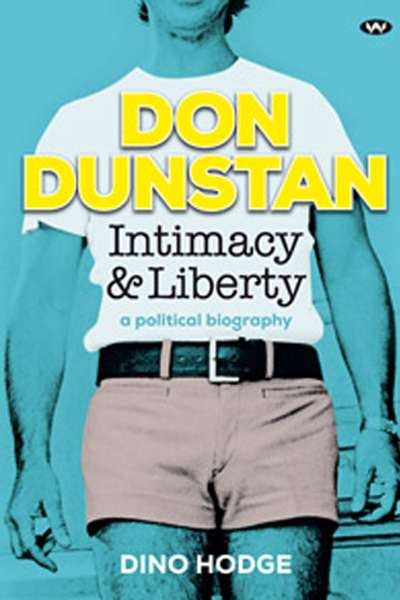Lyndon Megarrity
The Show: Another side of Santamaria’s movement by Mark Aarons and John Grenville
by Lyndon Megarrity •
Playing the Game: Life and politics in Papua New Guinea by Julius Chan
by Lyndon Megarrity •
Through the Wall: Reflections on leadership, love and survival by Anna Bligh
by Lyndon Megarrity •
Kevin Rudd: Twice Prime Minister by Patrick Weller
by Lyndon Megarrity •
Don Dunstan, Intimacy & Liberty: A political biography by Dino Hodge
by Lyndon Megarrity •
The Gillard Governments: Australian Commonwealth administration edited by Chris Aulich
by Lyndon Megarrity •
For the True Believers: Great Labor speeches that shaped history edited by Troy Bramston
by Lyndon Megarrity •
W. Macmahon Ball: Politics for the People by Ai Kobayashi
by Lyndon Megarrity •










